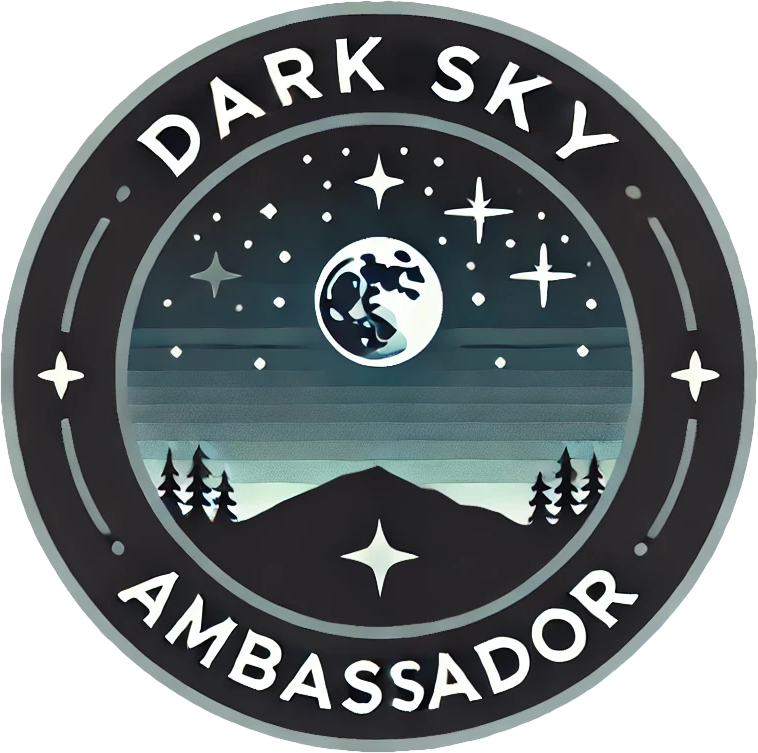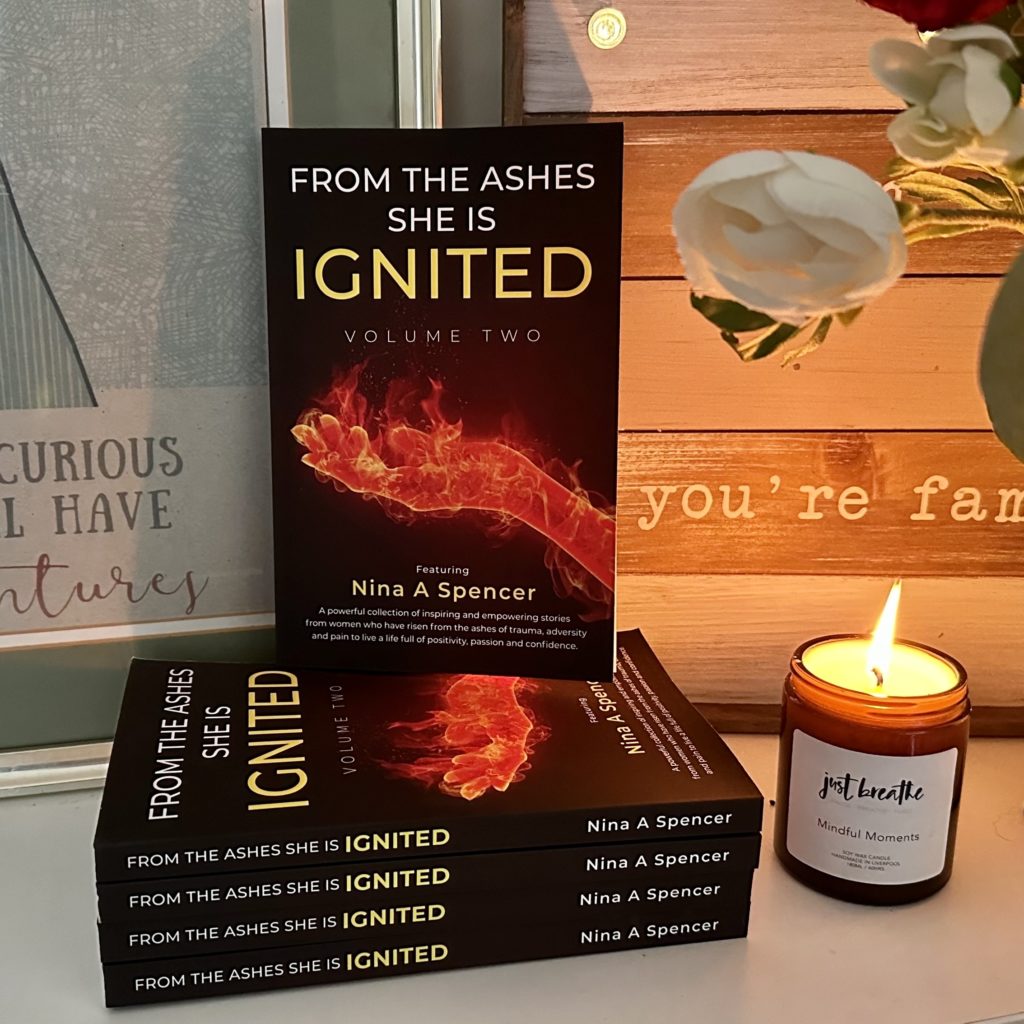Welcome to the Dark Skies Quiz: How Much Do You Know About Light Pollution?
As a Dark Sky Ambassador, I thought I would share this fun and educational quiz I made that will test your knowledge about light pollution and its impact on our world. Light pollution isn’t just an issue for astronomers—it affects our environment, wildlife, and even human health. By learning more, we can each play a part in preserving the beauty of our night skies.
Whether you’re a seasoned stargazer or just curious about why dark skies matter, this quiz is for you! Explore fascinating facts, discover practical ways to reduce light pollution, and see how you score as a defender of the dark. Every correct answer brings us closer to a world where we can all marvel at the stars above.
Question 1:
What is light pollution?
A) Light that is too dim to be useful
B) Excessive or misdirected artificial light affecting the environment and obscuring stars
C) Light from natural sources like the moon and stars
D) A type of pollution caused by plants at night
Question 2:
Which of these is NOT a type of light pollution?
A) Glare
B) Over Illumination
C) Noise pollution
D) Skyglow
Question 3:
Why does light pollution make it harder for us to see stars at night?
A) Stars are disappearing over time
B) Artificial light brightens the night sky, obscuring starlight
C) Clouds are thicker now than they used to be
D) The sun is brighter than before
Question 4:
How does light pollution affect wildlife?
A) It helps animals see better at night
B) It disrupts natural behaviors like migration, reproduction, and hunting
C) It gives animals more time to sleep
D) It has no effect on animals
Question 5:
What simple change can you make at home to help reduce light pollution?
A) Use outdoor lights only when necessary and point them downward
B) Leave all lights on at night to protect against intruders
C) Switch to brighter, cooler lights for outdoor use
D) Open all windows to let natural light out
Question 6:
True or False: Blue and white lights contribute more to light pollution than warmer-colored lights like yellow or amber.
Question 7:
What’s a “Dark Sky Reserve”?
A) An area with no light pollution where star visibility is excellent
B) A place where all the lights are turned off
C) A region in space with no stars
D) A type of solar power plant
Question 8:
Why should cities consider dimming or turning off certain lights at night?
A) To save money on energy costs
B) To reduce light pollution and help nocturnal wildlife
C) To improve human health by preserving the natural day-night cycle
D) All of the above
Question 9:
What is “skyglow”?
A) A natural glow from the stars
B) The glow of artificial light reflected in the atmosphere, especially over urban areas
C) A type of cloud that glows at night
D) Light reflected off the ocean
Question 10:
How can communities reduce light pollution while still ensuring public safety?
A) Use shielded lighting that directs light downward
B) Use motion sensors and timers for lights in public areas
C) Adopt lighting ordinances that limit excessive lighting
D) All of the above
Bonus Question:
What would you likely see on a truly dark night in a Dark Sky area?
A) Only a few stars
B) Thousands of stars, the Milky Way, and sometimes even distant galaxies
C) Nothing at all
D) Bright city lights in the distance
ANSWERS
Question 1 : Answer: B – Light pollution is the excessive or misdirected artificial light that affects the natural environment and limits our view of the stars.
Question 2 : Answer: C – Noise pollution is a different kind of environmental pollution. Light pollution types include glare, over illumination, skyglow, and light trespass.
Question 3 : Answer: B – Artificial light brightens the night sky, creating a “skyglow” that can block out starlight and make it harder to see stars.
Question 4 : Answer: B – Light pollution disrupts natural behaviors, especially in nocturnal animals. It can affect migration, reproduction, and even survival by interfering with natural light cues.
Question 5 : Answer: A – Using outdoor lights only when needed and pointing them downward minimizes unnecessary light spill and reduces light pollution.
Question 6 : Answer: True – Blue and white lights scatter more in the atmosphere, contributing significantly to skyglow. Warmer lights are better for reducing light pollution.
Question 7 : Answer: A – A Dark Sky Reserve is a protected area with controlled lighting to reduce light pollution, offering excellent star visibility.
Question 8 : Answer: D – Dimming or reducing lights at night can save energy, reduce light pollution, benefit wildlife, and improve human health by promoting natural circadian rhythms.
Question 9 : Answer: B – Skyglow is the brightening of the night sky over populated areas due to artificial lighting reflecting off particles in the atmosphere.
Question 10 : Answer: D – Communities can reduce light pollution by using shielded lights, motion sensors, timers, and adopting policies to control excessive lighting.
Bonus Question : Answer: B – In a Dark Sky area with minimal light pollution, you can see thousands of stars, the Milky Way, and sometimes even other galaxies with the naked eye!
Total Your Score:
1-3: You’re a Night Light Novice! Time to learn more about the wonders of the dark sky.
4-7: Starry-Eyed Explorer! You’ve got a good grasp, but there’s more to discover.
8-10: Dark Sky Defender! You’re a natural protector of the night.
Bonus Correct: You’re a Dark Sky Ambassador in the making!
You may use this quiz for your own entertainment, always nice to credit me, but not required. #SaveTheStars



Well I haven’t read all of this – I haven’t got time- but I think it’s amazing!